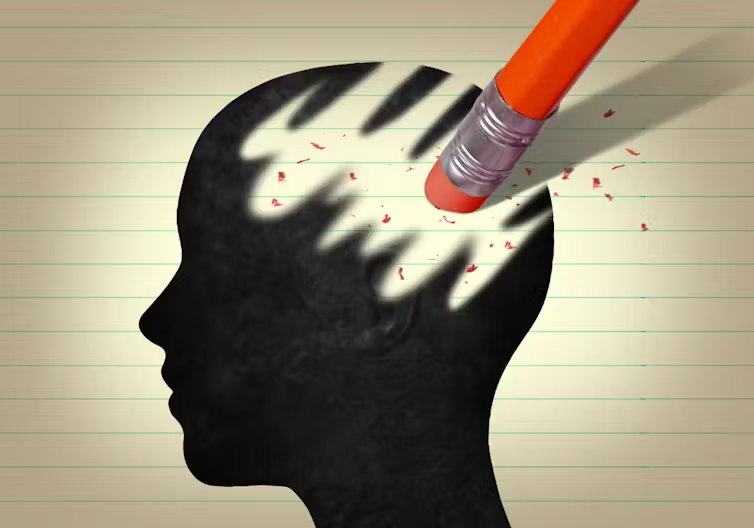Is Brain Aging Inevitable?
Ever walked into a room and forgotten why you were there? Struggled to recall a familiar name? Or found yourself searching for the right word mid-sentence? If so, you’re not alone. As we age, we often notice our memory slipping and our thinking slowing down. But is this decline unavoidable, or can we do something about it?

By 2050, over 152 million people worldwide are expected to experience cognitive decline. But recent breakthroughs in neuroscience suggest that brain aging is not just a matter of getting older—our lifestyle plays a massive role. The good news? With the right habits, you can keep your brain up to 20 years younger than your actual age.

Table of Contents

What Happens When the Brain Ages?
1. Physical Changes: The Shrinking Brain
As we age, our brain’s volume gradually decreases. MRI scans show that the prefrontal cortex and hippocampus, responsible for decision-making, memory, and emotional regulation, are the most affected. This explains why older adults might experience difficulty in recalling recent events while remembering things from decades ago with ease.

2. Biological Changes: Neuronal Damage and Chronic Inflammation
Aging leads to DNA damage in brain cells, reducing their ability to repair themselves and form new neural connections. Another major culprit is chronic inflammation. Research shows that microglia, the brain’s immune cells, become overactive as we age. Instead of protecting neurons, they can start attacking them, accelerating cognitive decline and increasing the risk of neurodegenerative diseases like Alzheimer’s and Parkinson’s.

3. Accumulation of Toxic Proteins
Aging brains struggle to clear out waste, leading to an accumulation of harmful proteins like beta-amyloid and tau. These proteins are strongly linked to neurodegenerative disorders. Studies at Cambridge University suggest that their buildup significantly increases the risk of Alzheimer’s disease, making cognitive decline much more likely.

How to Keep Your Brain Young
1. Eat for Brain Health
What you eat matters. Omega-3 fatty acids, found in salmon, sardines, and walnuts, support brain cell repair and function. Antioxidant-rich foods like blueberries and green tea help fight oxidative stress, which accelerates brain aging. A Mediterranean-style diet, rich in healthy fats, vegetables, and lean proteins, has been shown to reduce cognitive decline.

2. Move Your Body, Boost Your Brain
Exercise isn’t just good for your body—it’s essential for your brain. Aerobic activities like brisk walking, jogging, and cycling increase blood flow to the brain and encourage the growth of new neurons. Strength training can further enhance cognitive function by improving neuroplasticity. Experts recommend at least 150 minutes of moderate exercise per week to maintain brain health.

3. Stay Socially Active
Did you know that loneliness is linked to faster cognitive decline? Engaging in regular social activities, whether it’s talking to friends, joining a club, or learning a new skill, stimulates your brain and reduces the risk of dementia. Neuroscientists emphasize that lifelong learning and meaningful conversations are powerful tools for keeping your mind sharp.

Aging is Inevitable, but Decline is Not
You can’t stop time, but you can slow down its effects on your brain. By incorporating healthy habits like exercise, brain-friendly nutrition, and social engagement, you can maintain a sharp, agile mind well into old age.

Dr. Coucou Vitamin 💊

At the end of the day, keeping your brain young isn’t about drastic changes—it’s about small, consistent habits. A daily 30-minute walk, eating brain-nourishing foods, getting quality sleep, and staying socially active can make a world of difference. And yes, even that morning coffee (in moderation!) can help. Invest in your brain today, and you’ll thank yourself for decades to come.



